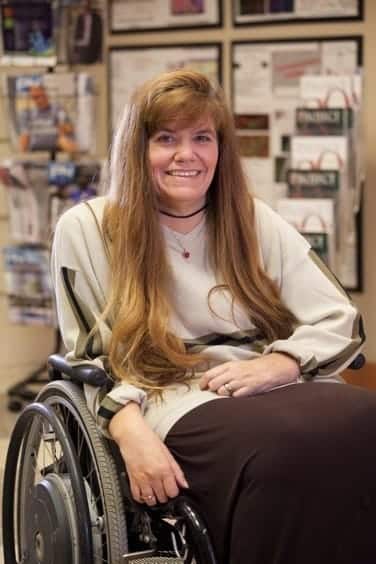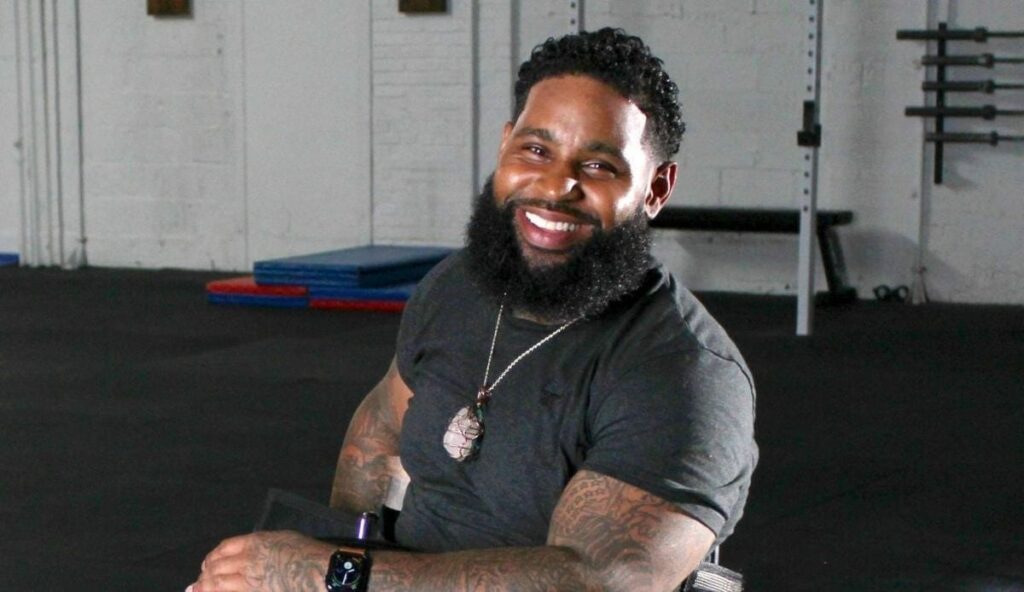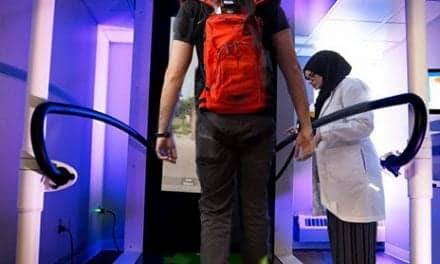The Craig H. Neilsen Foundation, a private funder of spinal cord injury (SCI) research, education, clinical training, and programmatic support in the US and Canada, announces the recipients of the 2021 Neilsen Visionary Prize.
This year’s Visionary Prize honors Kim Anderson-Erisman, Wesley Hamilton, and Alice Sheppard, each of whom personify Craig H. Neilsen’s values and who are improving the world for people living with SCI. Each awardee will receive an unrestricted sum of $1 million for their contributions to the world of SCI.
Established in 2020 to honor the memory and legacy of Craig H. Neilsen, the Visionary Prize celebrates influential voices who show great potential to expand or advocate for new ideas for those living with a disability. Prize recipients also reflect many of Craig H. Neilsen’s qualities, from being unafraid to take bold risks, to boundless determination and passion, to the ability to inspire others, a media release from Craig H. Neilsen Foundation explains.
“We are honored and excited to award Kim, Wesley, and Alice the 2021 Visionary Prize,” said Kym Eisner, Executive Director of the Neilsen Foundation. “All three embody the vision of the Neilsen Foundation and the dreams our founder had to enrich the lives of those affected by SCI. The Prize is awarded for contributions and significant impact they have already made and their potential to continue to inspire all around them as they do.”
“My father would be so proud to see Kim, Wesley, and Alice representing his legacy,” said Ray Neilsen, Co-Trustee & Chairman of the Board. “The Visionary Prize reflects his limitless ambition, determination, and passion to ensure that anyone living with SCI can achieve their goals as active members of their community, just as he did.”

Kim Anderson-Erisman, PhD, is the Director of the Northeast Ohio Regional SCI Model System based at the MetroHealth Rehabilitation Institute. She is a Professor in the Department of Physical Medicine and Rehabilitation at the MetroHealth Medical Center and Case Western Reserve University (CWRU) School of Medicine.
Her research has focused on translational investigations and bridging the gap between basic science, clinical science, and the public community living with spinal cord injury (SCI). Dr. Anderson-Erisman is a founding member and serves as the President of the North American Spinal Cord Injury Consortium (NASCIC), a consumer advocacy group.
Her training spans the spectrum of SCI research, from cellular and molecular studies to whole animal and behavioral studies, to human clinical research. Having lived with cervical SCI for over 32 years, she has leveraged her lived experience to help guide research to be more relevant to the broader population living with SCI.
Several of her studies have focused on obtaining the perspective of people living with SCI on various aspects of research, including functional priorities, acceptable benefits and risks, preferences for neuroprosthetics, and exercise participation. She has expertise in SCI outcome measures and has conducted a multi-center clinical study evaluating the reliability and validity of the Spinal Cord Independence Measure in the US healthcare setting, which is now the outcome measure for global function used in clinical trials.
In addition to pursuing her own research regarding chronic injury, she was part of the leadership team running the 6 FDA-regulated Schwann cell transplantation clinical trials while a faculty member at the University of Miami. At MetroHealth-CWRU she is continuing her leadership in clinical trials of new interventions for SCI and further developing her independent research efforts addressing issues important to people living with SCI, with an emphasis on translational research to deploy treatments to the clinic and to the community.

Wesley Hamilton is the Founder and CEO of Disabled But Not Really (DBNR), a non-profit with a mission to instill in the underserved “disabled” community, a physically limitless mindset that breeds courage, confidence, and competence. He aims to create an environment where anyone that is limited by circumstances beyond their control has a safe and inspiring place for growth. He accomplishes this through a focus on community engagement events with an emphasis on nutrition, fitness, and lifestyle, promoting a healthy and independent way of living.
DBNR also partners with other community events to raise awareness about the role of good mental and physical health in overcoming life’s challenges. A scholarship program was created for individuals to have ongoing access to nutrition and fitness classes. DBNR also supports Kansas City’s homeless population, providing dignity care packages, water, and food.
Wesley was featured in Season 4 of the Netflix show Queer Eye where he sat with the man who shot him for a conversation. He says that the show “taught me how to be true to myself, and I was humbled by the experience.” Wesley has played an important role representing the Tommy Hilfiger Adaptive Clothing Line. With over 130,000 social media followers, Wesley is helping to raise the expectations for a broader range of products that are specifically designed for individuals with disabilities and is forcing other companies to take notice.

Alice Sheppard is an internationally recognized dancer, choreographer, and founder of the disability arts ensemble Kinetic Light. She studied ballet and modern dance with Kitty Lunn and started her career performing with Infinity Dance Theater and AXIS Dance Company.
As Bessie award-winning choreographer, Sheppard creates movement that challenges conventional understandings of disabled and dancing bodies. In 2016, Alice founded Kinetic Light, a disability arts ensemble featuring herself, Jerron Herman, Laurel Lawson and Michael Maag. Working in the disciplines of art, technology, design, and dance, Kinetic Light creates, performs, and teaches at the nexus of access, queerness, disability, dance, and race. In the company’s work, intersectional disability is an aesthetic, a culture, and an essential element of artistry.
In addition to performance and choreography, Sheppard is a sought-after speaker and has lectured on topics related to disability arts, race, and dance. Her writing has appeared in The New York Times, academic journals, and the anthology Disability Visibility, edited by Alice Wong.
[Source(s): Craig H. Neilsen Foundation, PR Newswire]





